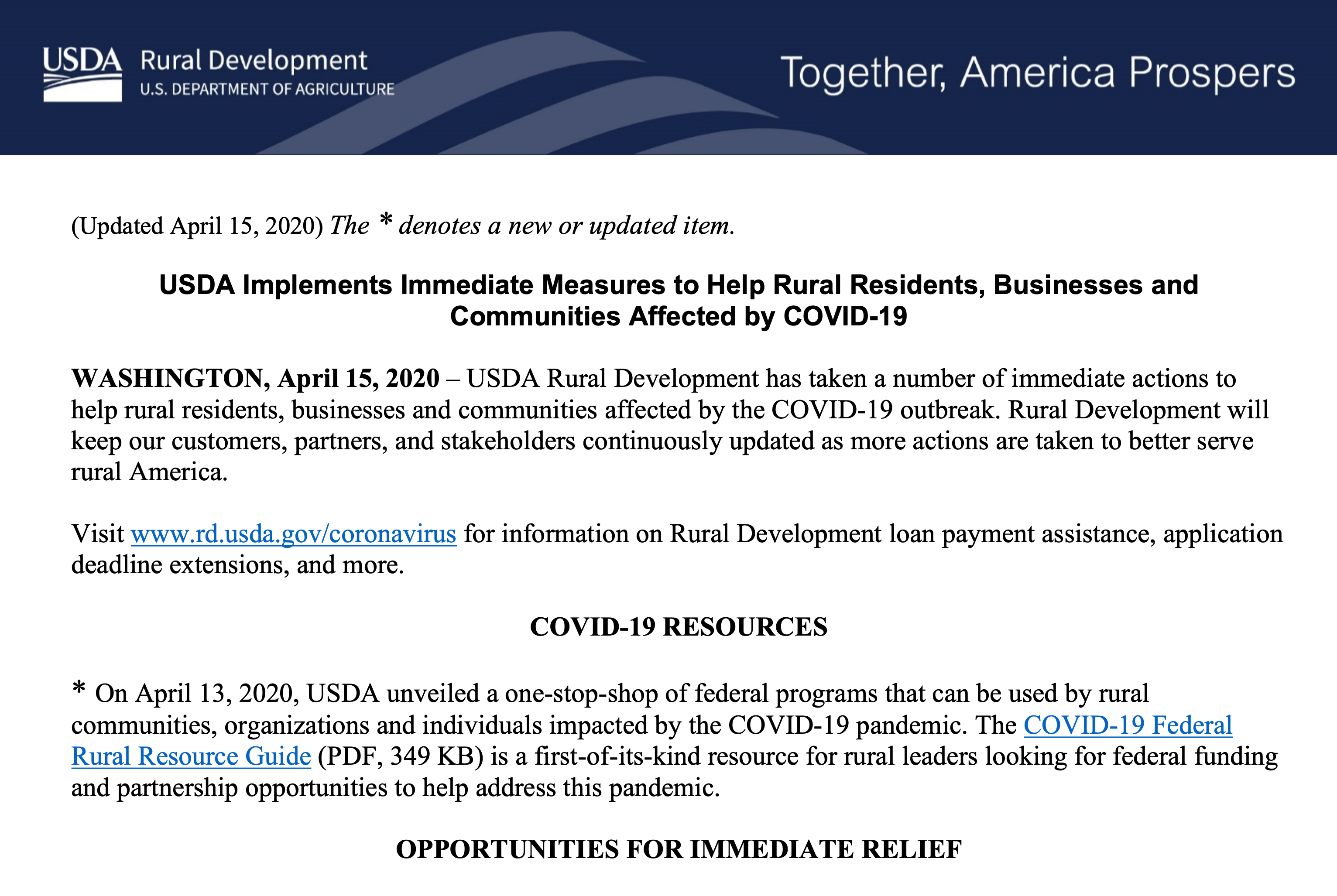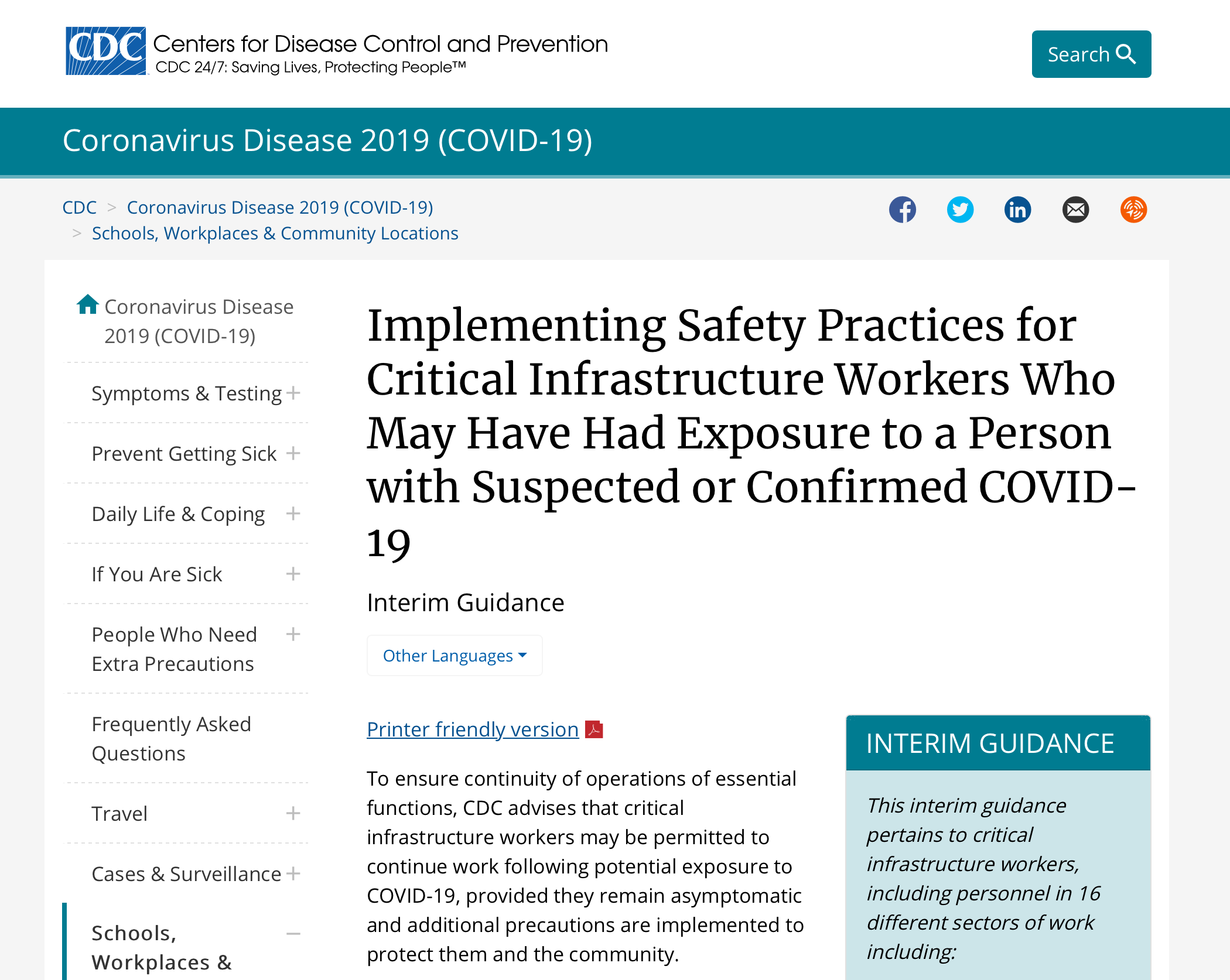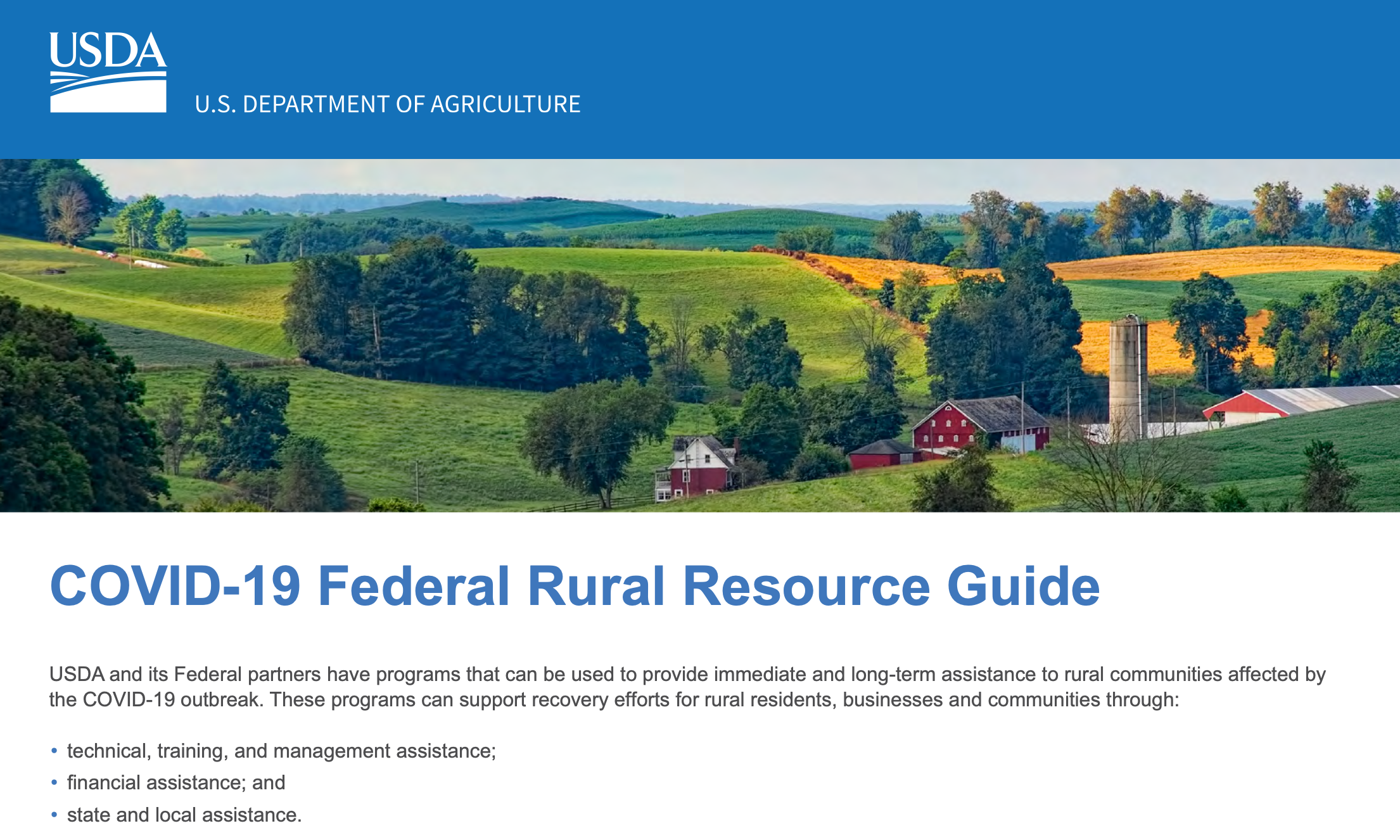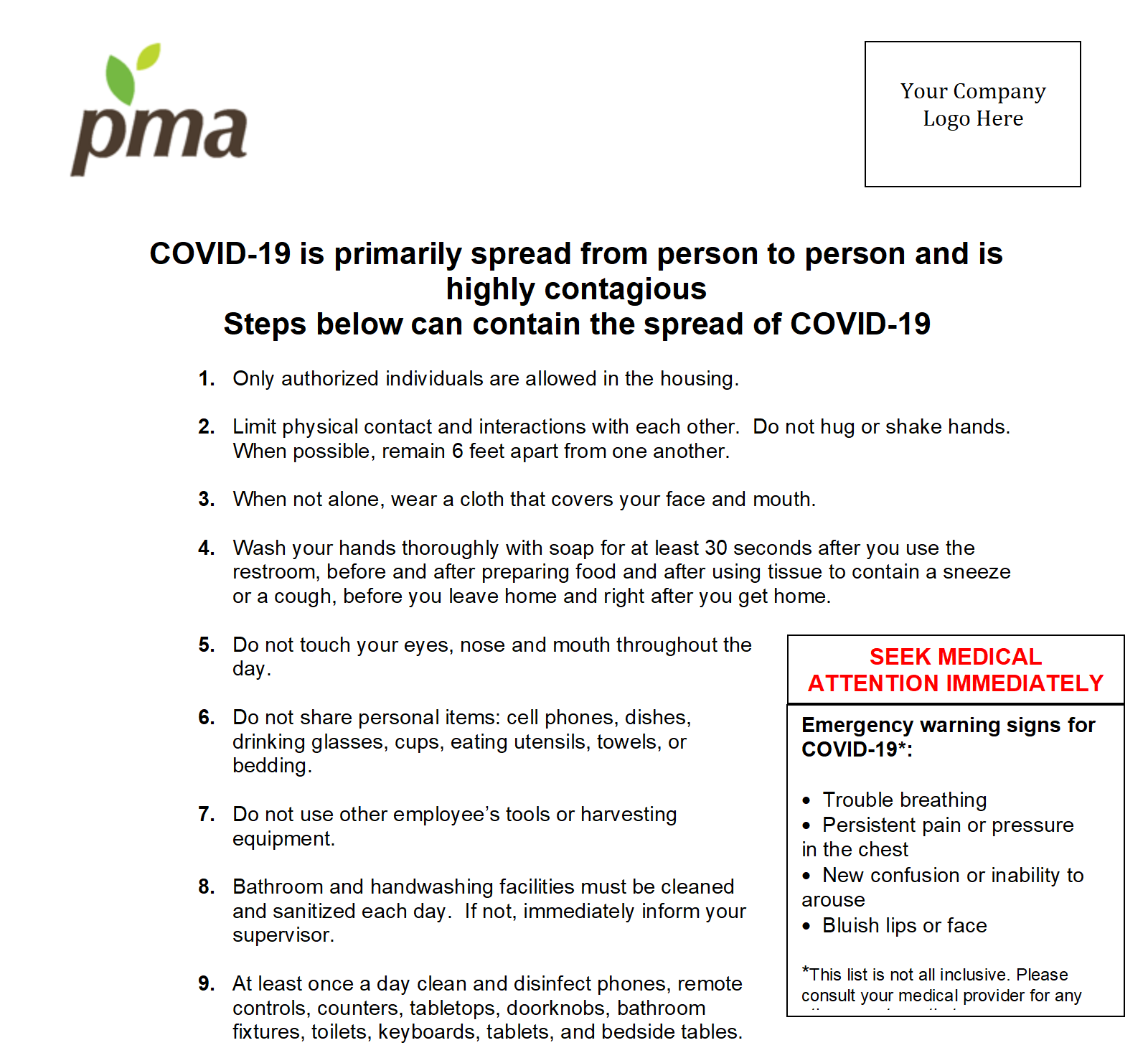FDACS: Estimated Crop Loss $522.5 Million
The Florida Seasonal Crop COVID-19 Impact Assessment was assembled utilizing phone interviews with growers on April 15, 2020. It must be noted that markets as well as selling and purchase strategies change rapidly, almost daily, for most crop sectors with the current conditions of the market. Fluctuations for some of the projected figures could be expected.
In addition to domestic crop losses, foreign, unfairly priced high volumes of Mexican imports continue to surge across the border, over-saturating the U.S. market and driving prices below the economical point to harvest, pack, cool and ship the domestic product.
Read MoreRe-Open Florida Task Force Meeting: Industry Working Group Related to Agriculture, Finance, Government, Healthcare, Management and Professional Services
Mike Joyner, President
Florida Fruit & Vegetable Association
April 22, 2020
FEMA Disaster Financial Management Guide
This guide identifies the capabilities and activities necessary to prepare and successfully implement disaster financial management while maintaining fiscal responsibility throughout response and recovery operations. The principles, concepts and resources contained in the guide can support jurisdictions in identifying the resources needed to support their community, increase the efficiency of recovery efforts, and reduce the likelihood of audits and financial penalties for the jurisdiction.
https://www.fema.gov/media-library/assets/documents/187126
Read More
USDA Implements Immediate Measures to Help Rural Residents, Businesses and Communities Affected by COVID-19
WASHINGTON, April 15, 2020 – USDA Rural Development has taken a number of immediate actions to help rural residents, businesses and communities affected by the COVID-19 outbreak. Rural Development will keep our customers, partners, and stakeholders continuously updated as more actions are taken to better serve rural America.
Visit www.rd.usda.gov/coronavirus for information on Rural Development loan payment assistance, application deadline extensions, and more.
Read MoreManaging Challenge and Change with Personal Resilience Webinar
Dr. Ed Osborne is a UF faculty member and longtime friend of WLI. He’s put together a webinar for WLI alumni detailing strategies and tactics to increase personal resiliency. This is about a 25-minute long webinar that gets to the basics of increasing resiliency. This webinar may also be a good tool for you to share with your employees or colleagues if you see folks may be struggling during this time:
https://mediasite.video.ufl.edu/Mediasite/Play/ab45c0d492794a53bb439174a3cd21b31d
Linda Hoopes, the author referenced in this presentation is making the e-copy format of her book, Prosilience, free from Amazon next week only. An easy-to-read book explaining personal resilience and includes many practical strategies for building resilience and responding to challenges in a resilient way. Click here for more info -another great tool for your work teams.
Read MoreCommissioner Nikki Fried & FDACS on Supporting Florida Dairy During COVID-19
Apr 10, 2020
Tallahassee, Fla. – With the COVID-19 pandemic causing market challenges for agriculture producers, Agriculture Commissioner Nicole “Nikki” Fried and the Florida Department of Agriculture and Consumer Services (FDACS) are working to support Florida’s dairy farmers and processors.
Read More
Implementing Safety Practices for Critical Infrastructure Workers Who May Have Had Exposure to a Person with Suspected or Confirmed COVID-19
To ensure continuity of operations of essential functions, CDC advises that critical infrastructure workers may be permitted to continue work following potential exposure to COVID-19, provided they remain asymptomatic and additional precautions are implemented to protect them and the community.
Read More
COVID-19 Federal Rural Resource Guide
USDA and its Federal partners have programs that can be used to provide immediate and long-term assistance to rural communities affected by the COVID-19 outbreak. These programs can support recovery efforts for rural residents, businesses and communities through:
• technical, training, and management assistance;
• financial assistance; and
• state and local assistance.



